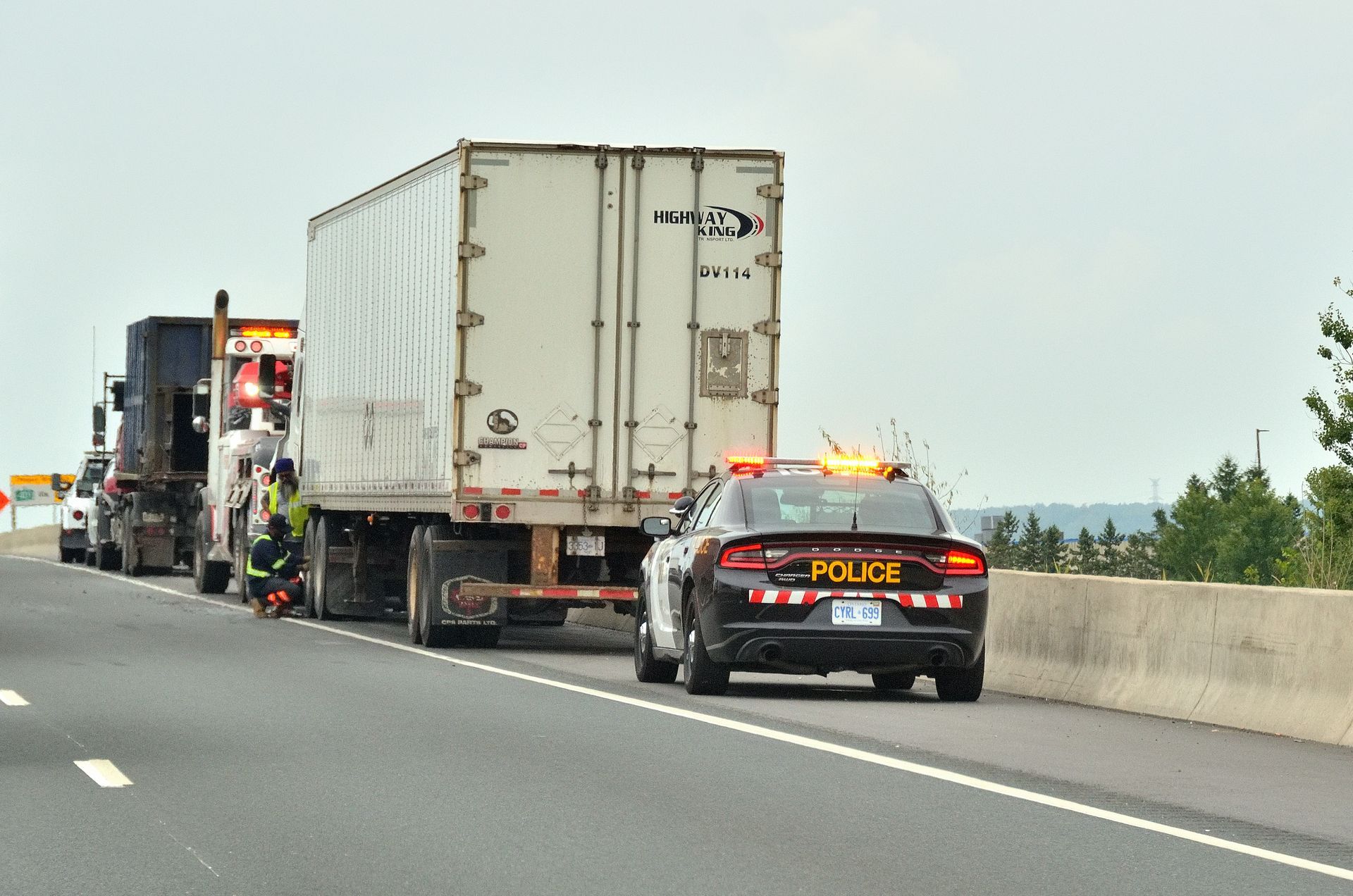Georgia's Move Over Law: A Legal Guide

In the intricate world of traffic laws, Georgia’s Move Over Law is a crucial regulation for road safety. Its significance cannot be understated, especially for those traversing the bustling roads of Georgia. This law, designed to protect roadside workers and emergency responders, demands careful attention from every driver. Understanding this law is not just about avoiding legal pitfalls; it’s about ensuring the safety of all on the road.
Georgia’s Move Over Law: An Essential Legal Overview
Georgia’s Move Over Law, formally known as O.C.G.A. §40-6-16, plays a critical role in safeguarding the lives of those working along the highways. This crucial legislation requires drivers to shift one lane away when they approach any stationary vehicle that is identified as an emergency, towing, or recovery vehicle and is using flashing lights. The law’s intent is clear – to provide a safer working space for emergency responders like police officers, firefighters, EMTs, and tow truck operators, who are often exposed to the hazards of high-speed traffic during their roadside duties.
However, the law also acknowledges real-world driving challenges. In situations where lane shifting is impractical or hazardous due to the flow of traffic, drivers are instead instructed to reduce their speed significantly and be ready to come to a complete stop if necessary.
These vehicles are covered by the law:
- Police vehicles
- Fire trucks
- Ambulances
- Tow trucks
- Recovery vehicles
- Utility vehicles (e.g., electric, gas, water, cable services)
- Department of Transportation vehicles
- Highway Emergency Responder Operator (HERO) Units
- Wreckers tending to accidents
The vehicles must be stationary and displaying flashing lights for the law to apply.
Understanding The Legal Nuances Of Georgia Move Over Law
The Georgia Move Over Law might seem straightforward, but its application can be complex, depending on the circumstances. Drivers often find themselves in challenging situations where compliance with the law isn’t clear-cut. For instance, heavy traffic or multi-lane roads can make it difficult to move over safely. In such cases, the law’s requirement to slow down significantly and prepare to stop becomes crucial.
The interpretation of what constitutes a significant reduction in speed is subjective and can vary in different situations. Law enforcement officers use their discretion to determine whether a driver has sufficiently reduced speed when unable to move over. This subjectivity can sometimes lead to disputes and misunderstandings about the law’s requirements.
Another aspect that adds complexity is the range of vehicles covered under the law. Besides emergency vehicles, the law includes utility service vehicles and towing vehicles, expanding its scope.
The penalties for violating the Move Over Law can be severe, including fines and points on your driving record. In some cases, if the violation leads to an accident, particularly one causing personal injury or death, the consequences can escalate to criminal charges.
How To Beat A Move Over Law Ticket In Georgia
Challenging a Move Over Law ticket in Georgia requires a strategic approach and a thorough understanding of legal procedures. The first step is to analyze the specifics of your case. This includes reviewing the circumstances of the alleged violation, the traffic conditions, and the actions taken at the time. Gather evidence such as traffic camera footage, witness statements, or any relevant documentation that supports your case.
In court, the key is to demonstrate either compliance with the law or a reasonable inability to comply. For instance, if you were unable to move over due to heavy traffic, proving this through traffic footage or eyewitness accounts can be crucial. Alternatively, showing that you slowed down significantly, as the law requires when you can’t safely move over, can also be a strong defense.
Hiring an experienced traffic law attorney can significantly increase your chances of success. They can help identify the best defense strategy, gather, and present evidence effectively, and navigate the legal proceedings with expertise. Remember, a ticket doesn’t always mean guilt. With the right approach and legal support, contesting a Move Over Law ticket is entirely feasible.
Walt Moffitt Is Your Move Over Law Expert In Georgia
When facing a Move Over Law ticket, the guidance of an experienced attorney like Walt Moffitt can be invaluable. With over 27 years of experience in traffic law, Walt has developed a deep understanding of Georgia’s traffic regulations, including the Move Over Law.
Walt’s approach is client-focused and results-driven. He takes the time to understand each client’s unique situation, offering personalized legal advice tailored to their specific case. Whether it’s gathering evidence, negotiating with prosecutors, or representing clients in court, Walt’s comprehensive legal services aim to achieve the best possible outcome.
Walt Moffitt’s track record speaks for itself and has earned him a reputation as a skilled and reliable attorney in Georgia. Clients can trust in his experience and knowledge to navigate the complexities of Move Over Law cases effectively.







